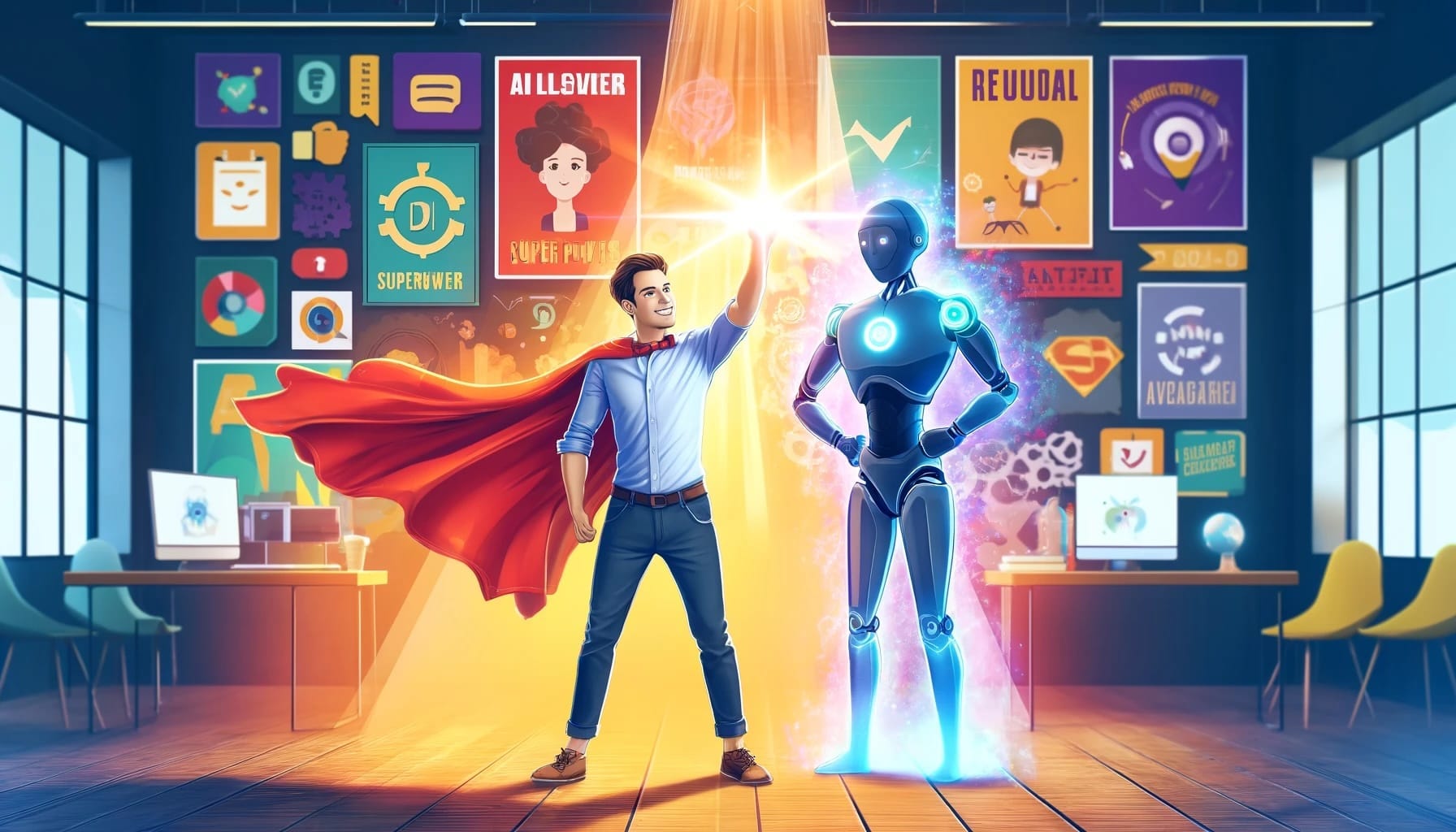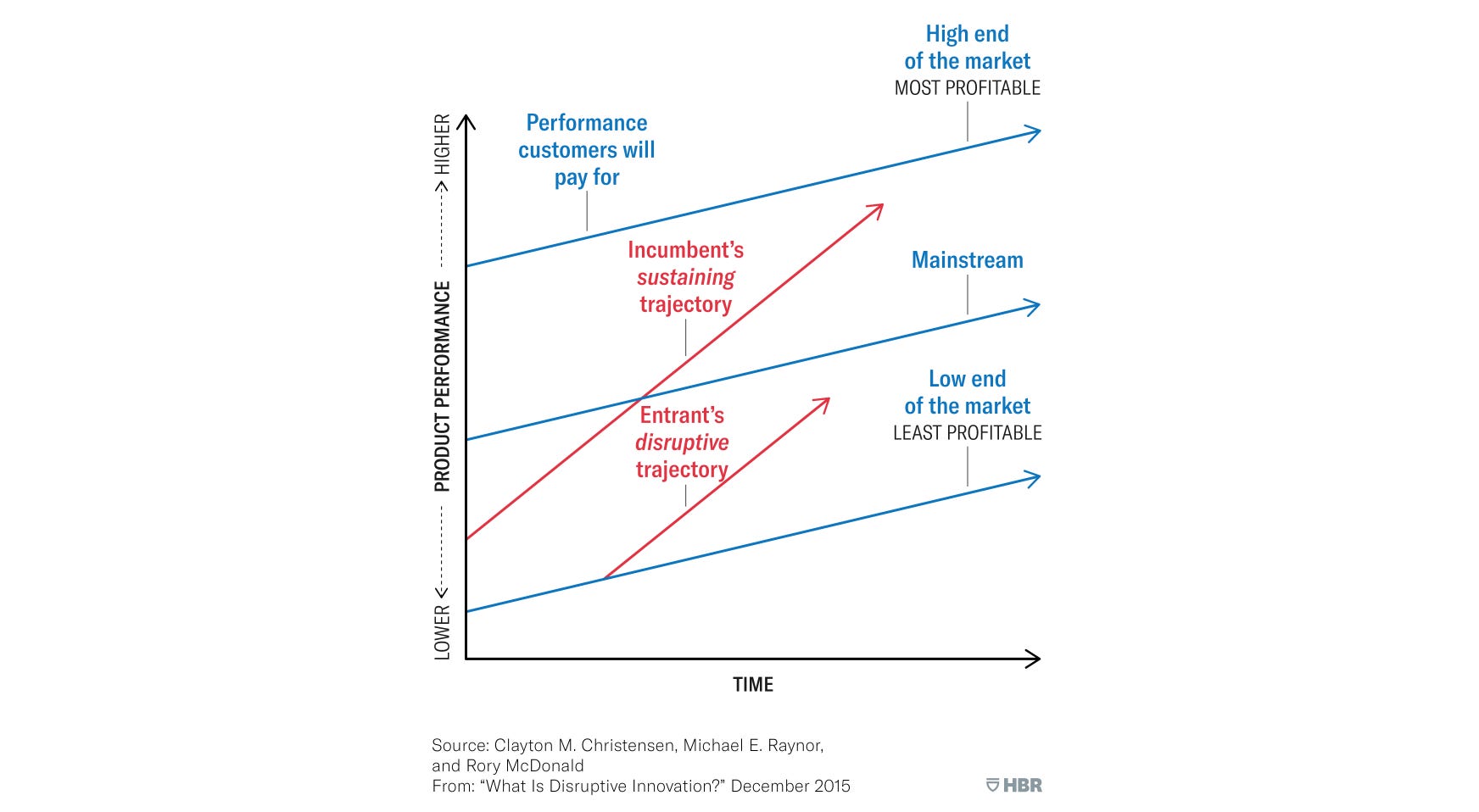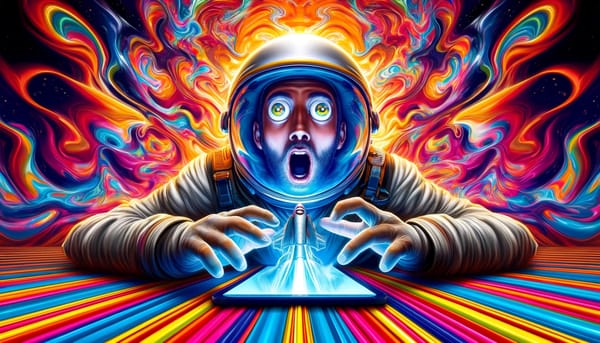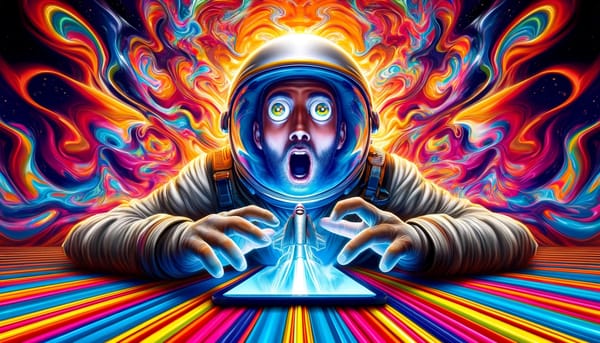AI Can Accelerate You.
Your time is a precious resource. Treat it as such.

The concept of time is wild. As I approach the midpoint of my life, I find myself dwelling on it more often. Our lives can feel like they move in different directions, but time only moves forward. It is unyielding.
Time is also our most precious resource and the most valuable currency for us marketers to obtain. I am a firm believer in the need for investment and measurement within an attention economy. Time is precious; therefore, attention is priceless. Without earning a share of someone’s mind, you cannot hope to obtain a share of their wallet.
Think about how little time there is in our lives to do anything. We have 365 days every year (except leap year). We always have 24 hours a day, seven days a week. When you take out sleeping and eating, we’re down to fourteen hours in a day that are available to us. That means 42% of our time is time we do not use actively.
This applies to work as well. Most of us spend about 2–3 hours daily in some form of email/chat/phone calls. Another 2–4 hours daily is spent in meetings. That means in an 8-9 hour day of work, you’re spending more than 50% of your day doing administrative stuff. Oof.
Good news — you can remove this white noise from your work. Utilizing AI tools can help you to accelerate through ‘background’ tasks to give you back your time for the crucial work — generating ideas, collaborating with your teammates and executing the ideas you develop. This isn’t optional, either — if you’re not experimenting with AI as a productivity booster, you’re falling behind.
AI is certainly a hot-button topic right now. There’s the question of ethics regarding how the latest generative AI companies obtain data. There’s consumer backlash to obvious and less-than-polished AI work. And there’s a contingent of doomsayers predicting Skynet is about to the killer robot army upon us. I’m not sure that I buy into the Skynet scare (yet), but the other concerns are tangible and significant; we need to unpack them as a society. That said, AI has real, tangible benefits for marketers. And I’m not talking about asking DALL-E to design your entire campaign, like A24 apparently did.
I’ve been a ‘solopreneur’ for about a month now, and AI has been a significantly positive resource. I’ve been able to reduce my time researching for this newsletter, outlining business development pitches, drafting marketing documents, and updating my website. ChatGPT’s GPT Store alone has helped me to save probably 8–12 hours a week that I can use to actually think and create. My routine now includes:
- Consensus and MARKETING to speed up research
- Devil’s Advocate for contrarian perspectives to sharpen ideas
- Canva to develop marketing materials and presentations
- Data Analyst to ingest, analyze , visualize data
I see a lot of commentary that essentially paints AI as a threat to the marketing industry, ranging from cursory to cataclysmic. I disagree. If anything, AI is going to force marketers to embrace a more community-centric approach to everything from content to consumer experience. AI will render generic content marketing useless. Creating emotional resonance and connecting consumer experiences across different moments and mediums will become even more crucial. That requires a human touch. In particular, more emphasis will need to be placed on the creative process and consumer experience strategy.
While I can appreciate the perspective and certainly see implications for the industry in that area, AI can (and should) be an additive to marketing work. Seeing it as a replacement — whether that seems threatening or liberating — is wrong. It shouldn’t replace creativity, it should give you more time and space to ignite ideas. It won’t write a strategy for you, it’ll help you distill information faster, in sharper relief. AI can help you forge a smarter path to success if you embrace experimentation and change. Companies leading their categories now especially need to take note of the transformation AI will continue to spur across many, many industries. We are living in a moment ripe for disruption. Marketing leaders for incumbent brands need to be on high alert because AI has the potential to accelerate the disruptive power of emerging competitors. No leaders at brands with high market share should feel cozy right now.

This is not new. History does tend to repeat itself, and we can look back only a decade and a half to the social media revolution to understand this point. However, let me take you back in time even further, to an era before Excel. That’s right — once upon a time, office pros didn’t have access to spreadsheets. Think about the time and effort it took to tabulate and analyze data without Excel. Data usage was slow and costly. Businesses relied on paper forms, which were filled out by hand and then physically stored in files. This process was not only labor-intensive but also prone to errors and loss of data. Analyzing data before spreadsheets often meant performing calculations by hand, or for more complex analyses businesses might use mainframe computers that required specialized knowledge and cost 🤑🤑🤑 to operate. Charts and graphs were drawn by hand, which was incredibly time-consuming.
Spreadsheets transformed business operations — they accelerated analysis to action and democratized data usage. And yes, they were also criticized for their accuracy and the potential for errors to propagate. Sound familiar? Steven Levy has a great article in WIRED that takes a detailed look at the comparison between the era of spreadsheets and our current AI moment. I agree with him that the “AI boom” is real, and I believe it’s important for marketers to experiment creatively and invest responsibly. With any technological leap, there are tradeoffs. There will be changes to the workplace, to whole industries. Roles centered on administrative tasks will be reduced. Agencies will need to adapt resources, protocols, and personnel. However, the human element of marketing will remain crucial. AI can’t understand or employ the essence of human truths. Only we mortal beings can do that.
The truth is that we already know the benefits and limitations of AI. Look no further than media algorithms. Netflix, Spotify, and TikTok have all shown us the power of algorithms (for better or worse). And that’s what gen AI is. They are powerful algorithms that give you a specific response to specific inputs. There’s nothing special or necessarily “intelligent” about these new versions of algorithms. They’re just faster and more specific. It still requires a human mind to provide the inputs and to build upon the outputs.
Everyone calling out the demise of human content, creativity, and the marketing industry atat largelarge should take a few long, deep breaths into a large paper bag. Are we seriously believing that we’re going to leave the ability to emotionally resonate with people to machines? Come on. AI content is a much better starting point. It’s pretty weak, or “mid” as the young folks say, when used as the finished product.
So let’s stop defining AI as a panacea or as the robot apocalypse coming to eradicate us. The truth — as with most things — lies somewhere in the middle. There are benefits — reduced admin load, speed-to-action, and creative capacity. There are drawbacks — job displacement, new investments, and creative misuse. I think a core adage of the industry applies here: “Good, fast, and cheap. Pick two.” If you want to run fast and operate cheaply with AI, your output quality is going to suffer. If you aim to move at the speed of culture and create resonance, you’ll need to invest — primarily in people. AI is here to stay. It’s time to embrace the moment and manage your way through the change, or be left behind.




